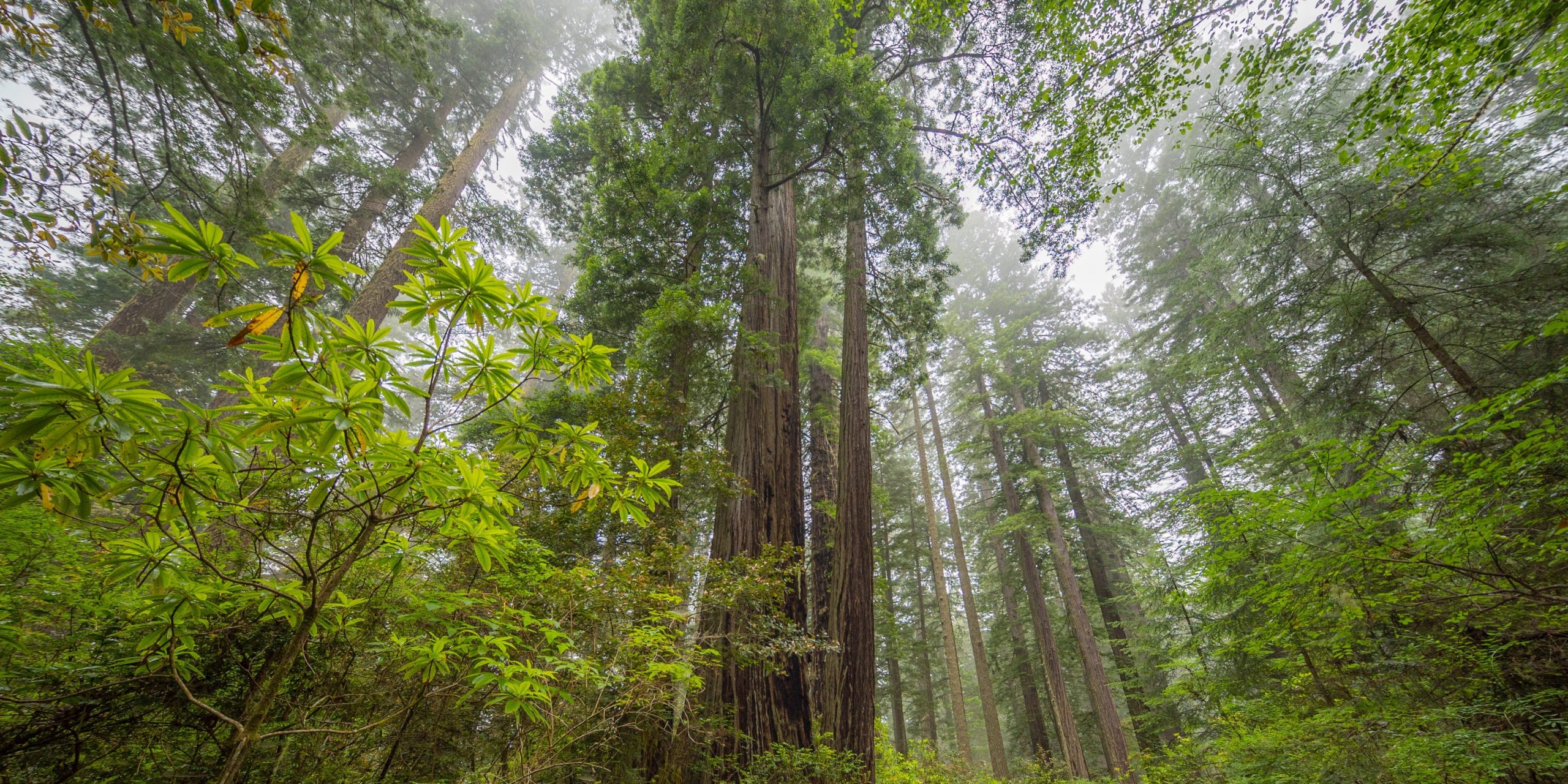
- A market in which companies pay timber owners not to cut down trees is budding in the US, according to a report in The Wall Street Journal.
- Companies pay land owners to not cut, and then document the saved carbon emissions by purchasing a carbon offset.
- Microsoft and Royal Dutch Shell PLC have purchased carbon offsets.
- Sign up here for our daily newsletter, 10 Things Before the Opening Bell.
A new market in carbon offsets where companies pay timber owners not to cut down trees is budding in the US, according to a report from The Wall Street Journal.
Companies are looking for ways to become more climate-friendly as asset managers and investors seek to prioritize environmental, social, and corporate governance (ESG) metrics.
One way for a company to show investors their pollution-reduction efforts is by paying timberland owners to not cut down their trees, and documenting the saved carbon emissions with tradable assets called carbon offsets.
As reported by the Journal, companies like Microsoft Corp and Royal Dutch Shell PLC have purchased carbon offsets from SilviaTerra, a marketplace for forest carbon payments.
In the trade, the corporations pay the landowners not to cut trees by purchasing a carbon offset, and then subtract emissions from their carbon ledgers. Timberland owners get paid as long as their trees remain standing.
Timber owners may also be able to make more money by not cutting and trading carbon offsets than by cutting their trees and selling the wood to pulp mills.
